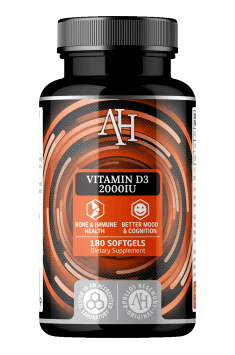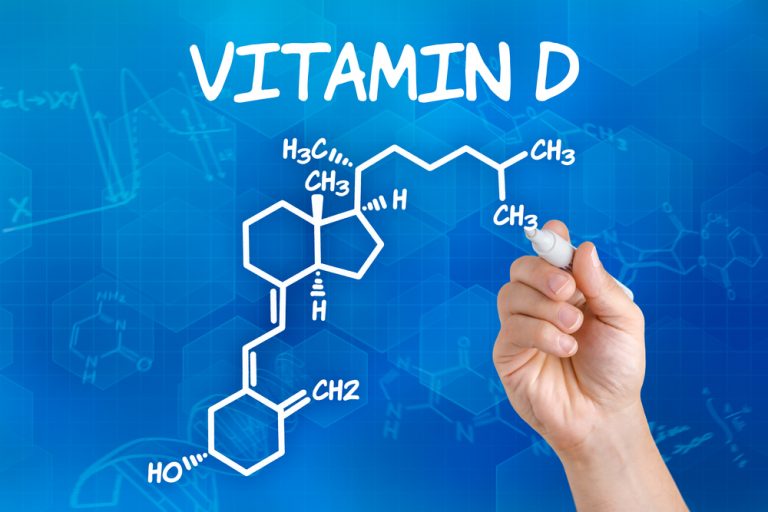Currently, cancer is less often a lethal sentence. We are slowly approaching times where cancer will start to be treated as a type of chronic illness. Thanks to better detection and with the help of new drugs, we are able to control cancer more effectively. However, this does not change the fact that diagnosis is a blow to every patient. We are constantly looking for information on how to prevent the disease. We are afraid of its course, we are afraid of treatment and we want it to stay away from us as long as it is possible (and preferably not to appear at all). And here comes our old friend - vitamin D.
Vitamin D - basic information
Vitamin D has many beneficial properties for our body (widely discussed in other texts on our blog), and the latest research indicates that it can reduce the risk of breast cancer. The findings were made by scientists from the Faculty of Medicine at the University of California, San Diego.
Vitamin D and cancer - clinical study
The results of three tests were examined. One long-term study (in which 1713 patients participated) and two randomized clinical trials (a total of 3325 patients).

NThe studied women were at least 55 years old, with an average age of 63 years. Each study took place in 2002 to 2017, and at the start of the tests none of the participants had breast cancer. Women were monitored for four years and during that time 77 breast cancer cases were diagnosed (which translates into 512 cases per 100,000 people). During the whole period of research, vitamin D levels in patients' bodies were carefully checked - it was the concentration and impact of cancer that most interested researchers. In addition to the regular assessment of vitamin D levels, all factors that could affect the study - BMI, age, calcium supplements and cigarette smoking - were recorded. It was known that the National Academy of Medicine in 2010 recognized that the recommended level of vitamin D is 20 ng / ml. However, it turns out that only three times higher level begins to protect against breast cancer. Sharon McDonnel , head of the team, stated We found that people with levels of 25 (OH) D above 60 ng / ml were five times less likely to breast cancer than those with a marker level below 20 ng / ml. Increasing the level of vitamin D significantly above the recommended minimum of 20 ng / ml seems to be an important factor in the prevention of breast cancer.
However, the message is not perfect. Women who were after menopause were examined. This means that you must wait for further tests to determine if vitamin D protects women of all ages. Cedric F. Garland, who is the co-author of the study, emphasizes. We are talking here about postmenopausal breast cancer. Further research is needed to check whether high levels of 25 (OH) D can also prevent premenopausal breast cancer. Garland has been struggling for years to increase the recommended level of vitamin D.
Vitamin D dosing
The current recommended daily doses are
- for children 400 IU,
- 600 IU for adults
- 800 UI for seniors above 70 years of age.
It is worth noting that to reach the discussed level of 60 ng/ml, you should take 4000 to 6000 UI daily. Can you see the difference? But remember, do not overdo it. Taking more than 10,000 IU a day can lead to a level of vitamin D at 125 ng/ml, and this is associated with the occurrence of side effects in the form of weight loss, nausea, kidney damage and cardiac dysfunction.
Vitamin D and cancer - summary
Vitamin D proves again that it is our greatest friend. It is definitely worth taking care of it, because real friends will not leave us in a crisis. And now we are waiting for further research results. May it be that vitamin D will help women of all ages!
Source
https://medicalxpress.com/news/2018-06-greater-vitamin-d-decreasing-breast.html






